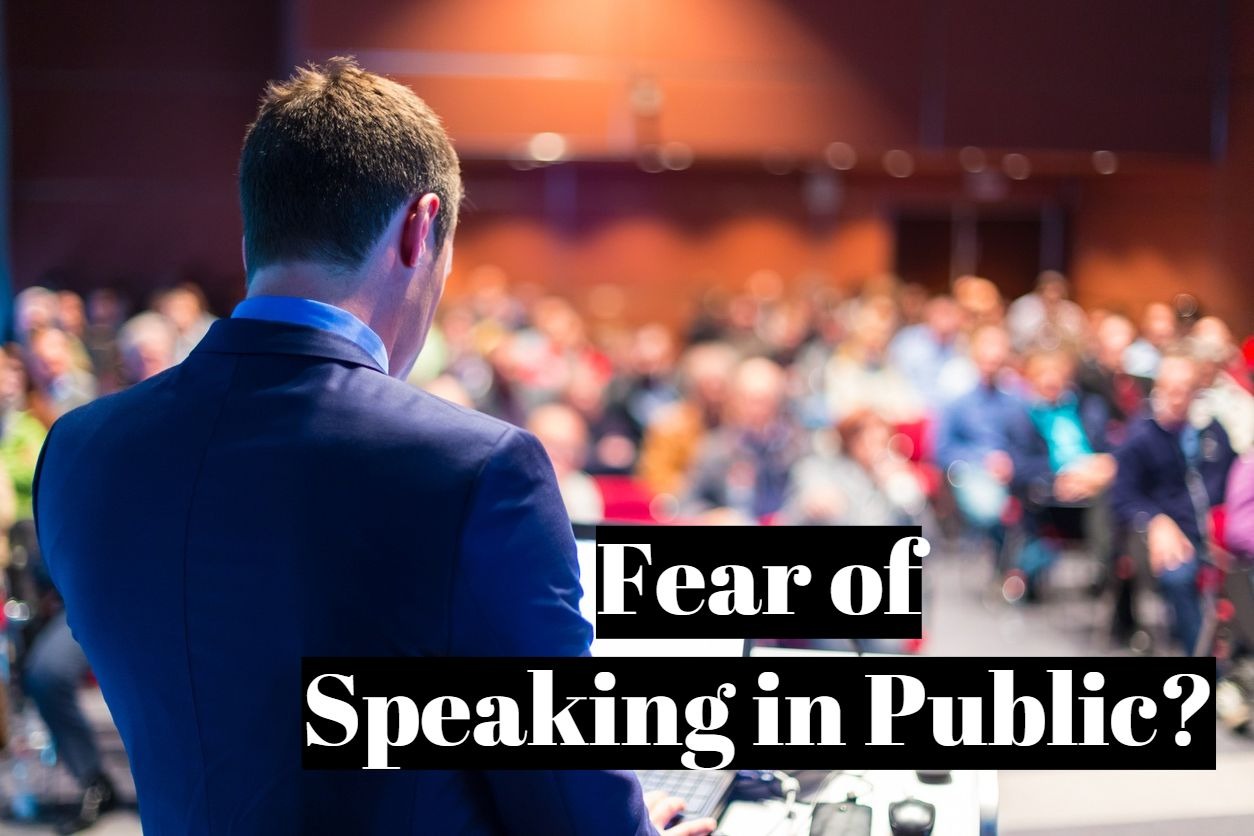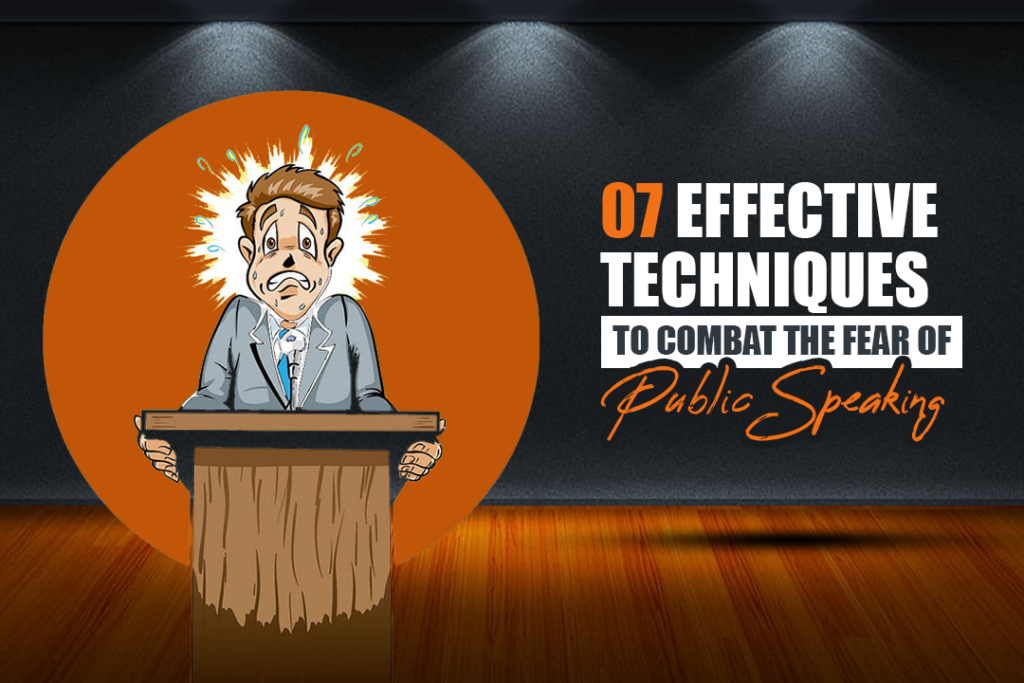Fear Of Speaking In Front Of An Audience

Millions are silently battling glossophobia – the fear of public speaking – hindering careers and personal growth. This widespread anxiety is a significant obstacle, impacting communication and leadership potential across all sectors.
Understanding the depth and breadth of this issue is crucial to effectively address its impact on individuals and organizations.
The Prevalence of Fear
Studies indicate that approximately 77% of the population experiences some level of anxiety when faced with public speaking.
This fear, ranging from mild nervousness to debilitating panic, manifests in various ways, including trembling, sweating, rapid heartbeat, and mental blocks. It's a challenge felt across demographics, regardless of age, gender, or professional background.
Impact on Careers and Education
Glossophobia can severely limit career advancement. Individuals may avoid opportunities requiring presentations, meetings, or leadership roles.
This reluctance can stagnate professional development and hinder the ability to effectively convey ideas and influence decisions. The educational sphere also feels the impact, as students may struggle with class presentations and academic discourse, affecting their grades and overall learning experience.
"The ability to communicate effectively is essential in today's world," says Dr. Anya Sharma, a communication expert. "Overcoming the fear of public speaking is a key step towards unlocking one's full potential."
Understanding the Root Causes
The fear of public speaking often stems from a combination of factors, including a fear of judgment, lack of confidence, and negative past experiences.
Evolutionary psychology suggests that the discomfort stems from the fear of social rejection from the tribe. Identifying the specific triggers and root causes is essential for developing effective coping strategies.
Strategies for Overcoming Fear
Fortunately, glossophobia is treatable. Techniques include practicing relaxation exercises, visualizing success, and seeking professional guidance.
Joining public speaking organizations like Toastmasters International can provide a supportive environment for honing communication skills and building confidence. Cognitive Behavioral Therapy (CBT) can also help address the underlying anxieties associated with public speaking.
Practical Tips for Immediate Relief
Start small. Practice in front of trusted friends or family members before larger audiences.
Focus on your message, not your fear. Thorough preparation and knowledge of your topic can significantly reduce anxiety. Remember to breathe deeply and maintain eye contact with the audience to establish a connection.
Ongoing Developments
Researchers are continuously exploring new and innovative approaches to treating glossophobia. Virtual reality (VR) simulations are emerging as a promising tool for providing realistic public speaking experiences in a safe and controlled environment.
The increased awareness and availability of resources provide hope for individuals seeking to conquer their fear of public speaking and unlock their full potential. Early intervention and proactive strategies are crucial to mitigate the long-term impact of this common anxiety.

















